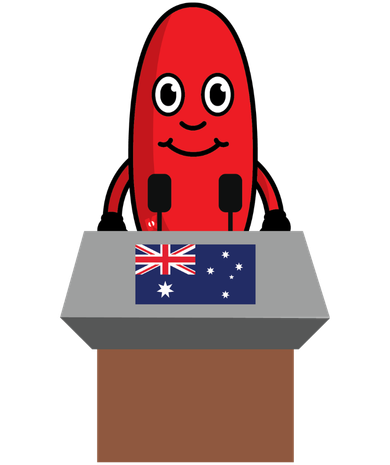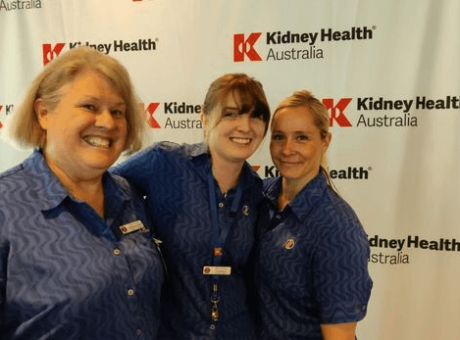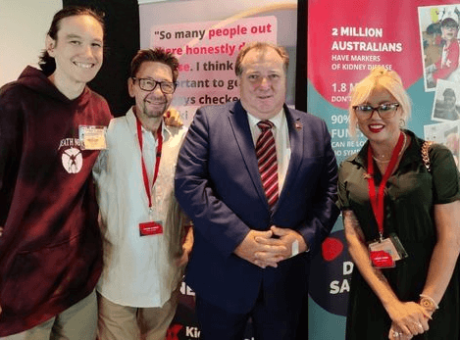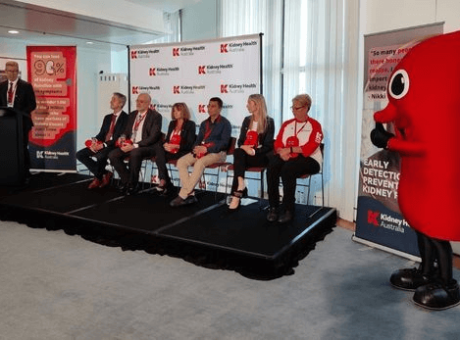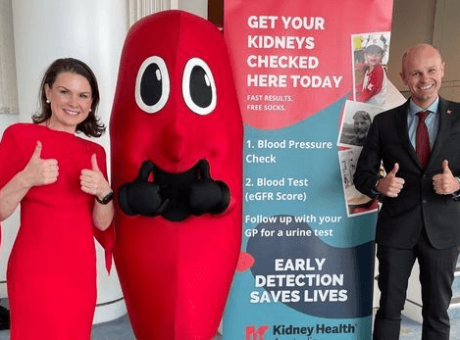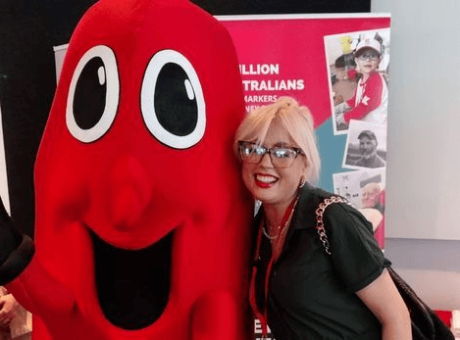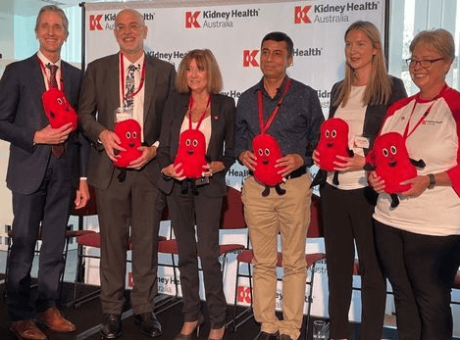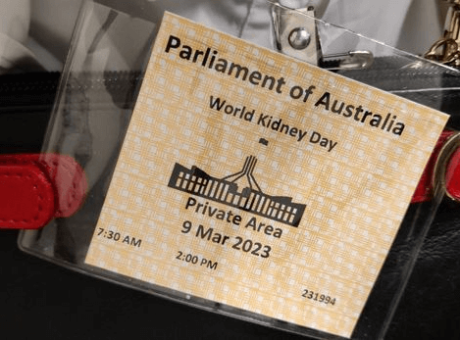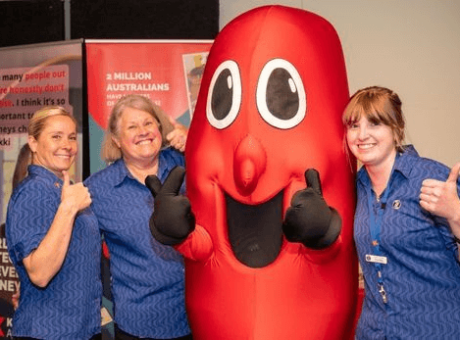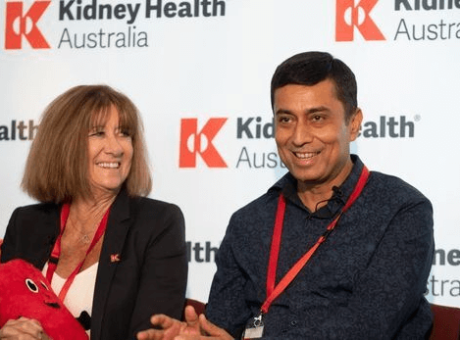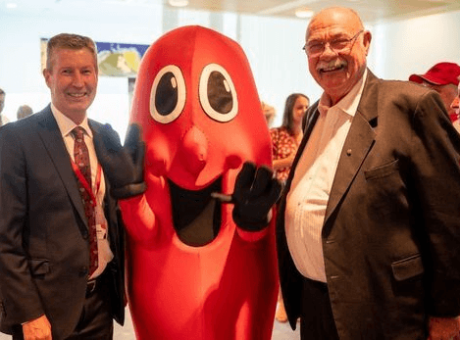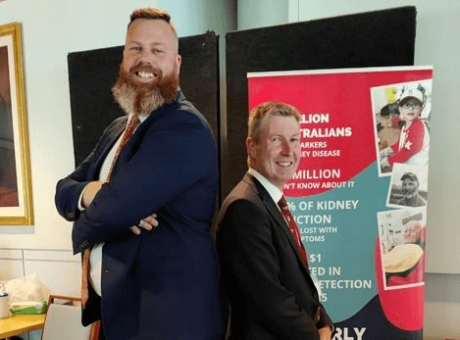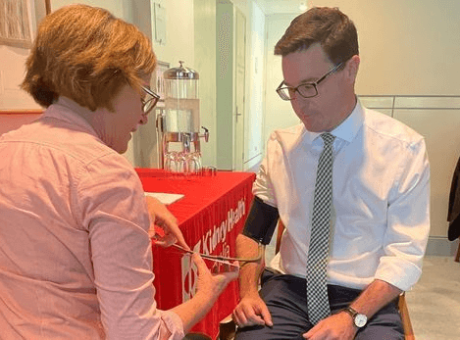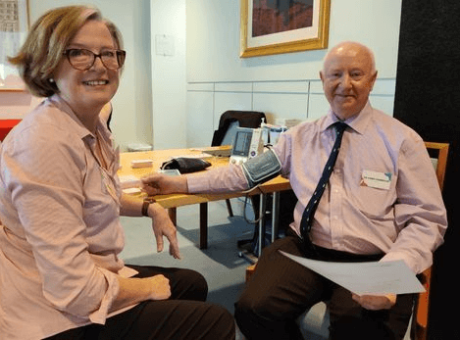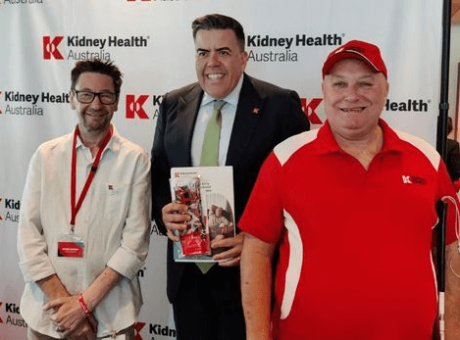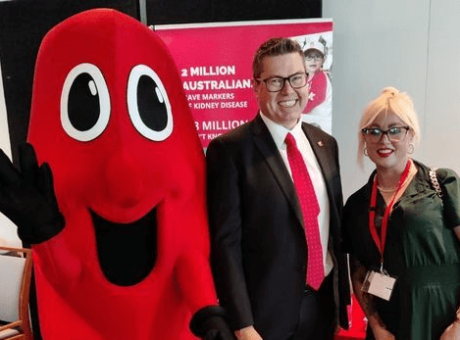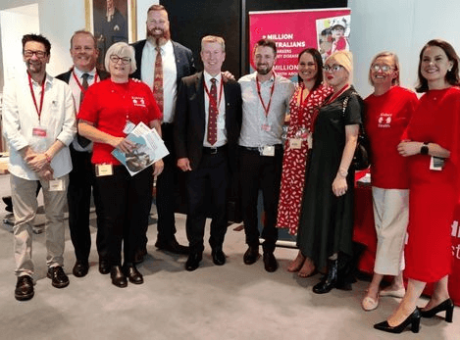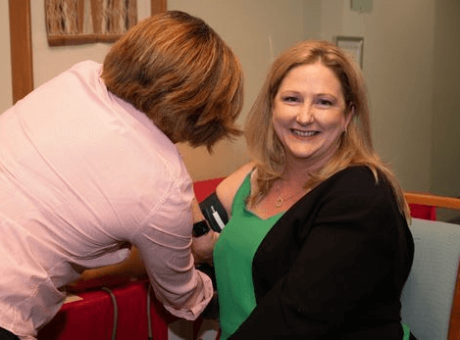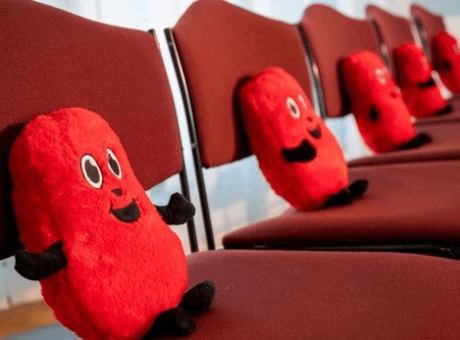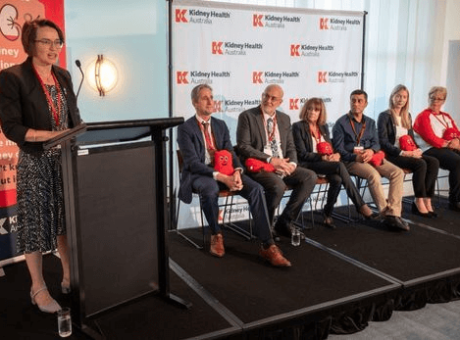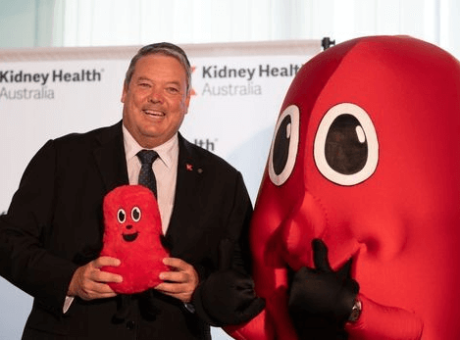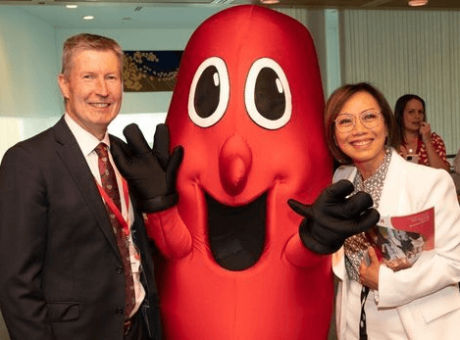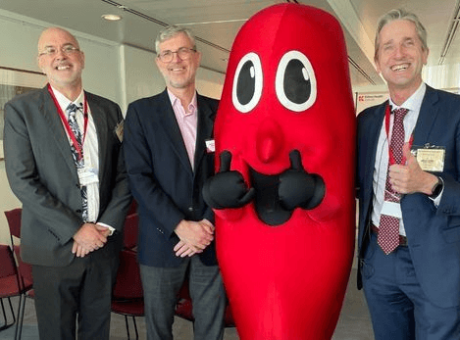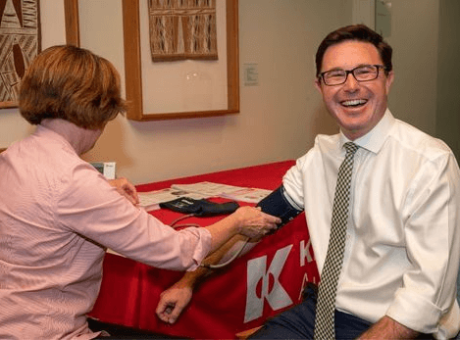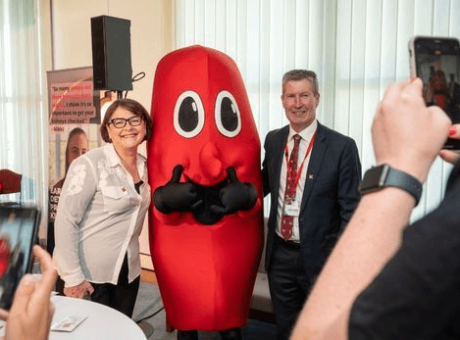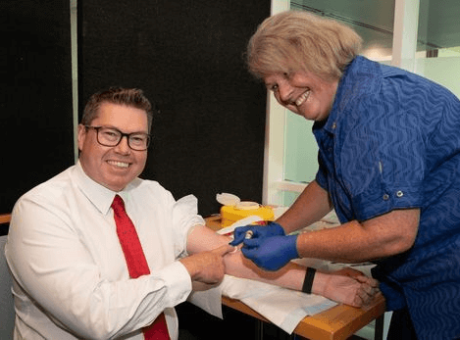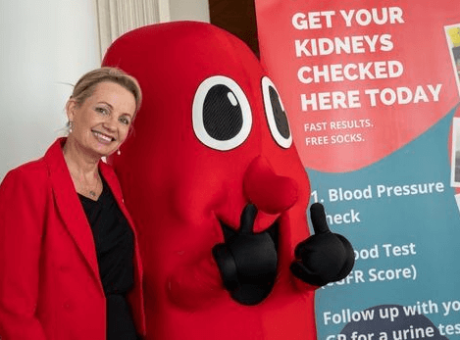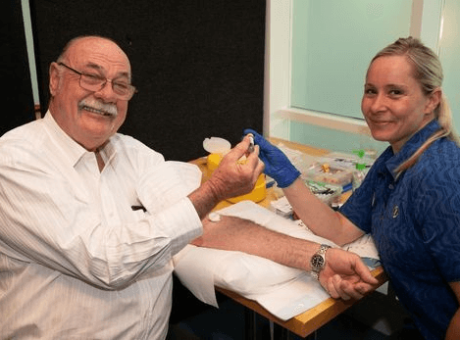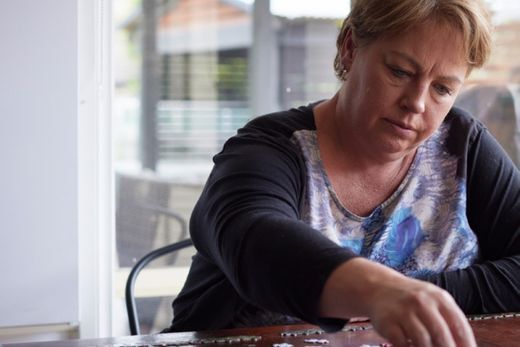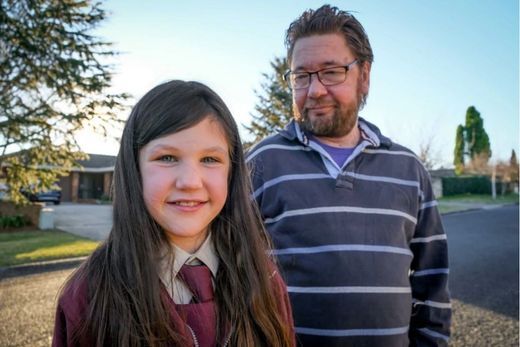Peter and Lorelei
Lorelei and Peter Murko share an unusual bond. Together, they have eight kidneys. The father and daughter both have focal segmental glomerulosclerosis (FSGS) — a disease that causes scar tissue to build up in the kidneys’ filters. It can lead to permanent kidney damage and even failure.
For the Murkos, the first ‘failure’ occurred in 1983 when Peter was just five and the first donor was his mother. Twenty years later, the first donated kidney failed for Peter. He then began preparing for a second transplant, donated by his father. Despite his concerns, his second transplant was successful and for 13 years he lived a relatively normal life. In 2016, Mr Murko’s heart broke again when the kidney donated by his father began to fail. He was put on overnight peritoneal dialysis where he would hook himself up to a machine to filter his blood. This time, his wife Jenny volunteered her kidney, which unfortunately wasn’t a match, so they joined the Australian Paired Kidney Exchange. Under the program, a recipient with a donor who is not compatible, like Jenny, is matched with another donor-recipient pair in the same situation.
Unfortunately, during this time their eight-year-old daughter Lorelei began retaining a lot of fluid. She was lethargic, headachy, her eyes were puffy, and in 2018 was also diagnosed with FSGS. Like her father, Lorelei suffered a complete kidney failure. With this news, Lorelei was added to the deceased donor list, with Peter waiting for the kidney exchange to be activated.
“I took it particularly hard, I blamed myself,” Mr Murko said. “And when we found out it was a genetic mutation I passed down to her, it was pretty tough to take.”
In May 2018 the exchange was activated, and in August Jenny altruistically donated — via the Australian Paired Kidney Exchange — to Peter. With the surgery a success, Peter spent two months recovering at The Royal Prince Alfred Hospital in Sydney. Then Lorelei got the call.
“Mum and Dad picked me up and I had to get everything ready, and then I went to get my surgery. All I remember is that I woke up with lots of tubes and I was in heaps of pain.” Lorelei said.
Like her father and other kidney recipients, Lorelei stayed close to the hospital for almost two months to have her blood tested daily. Now she is doing well and enjoying her childhood. Peter worries that one day she’ll have to have another transplant, but is glad she is well prepared and has the right mindset for it after everything she has been through.

